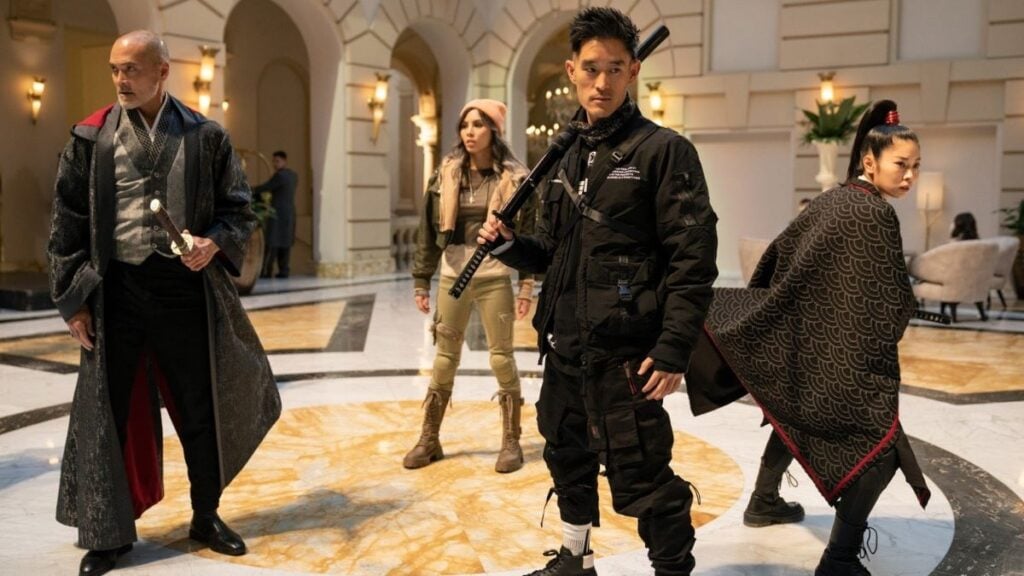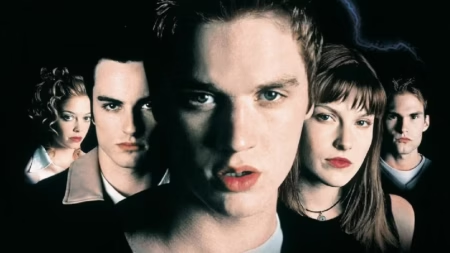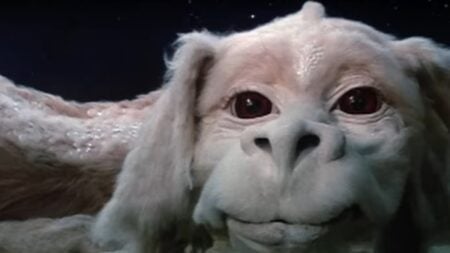Blade of the 47 Ronin kinda sounds like a movie that kids in a sitcom would be excited to see. Its very nature is parodic, but it exists nonetheless. Against all odds, it’s a sequel to the 2013 remake of 47 Ronin starring Keanu Reeves. That film was notable for perfectly mocking Keanu’s career low before he found John Wick and for losing Universal close to $200 million. Amazingly, its sequel was released straight to Netflix two years ago and reached eighth place on HBO Max today.
The Blade of the 47 Ronin is Extremely Dull

Blade of the 47 Ronin is far from the worst action film I’ve ever seen. A million hacks scrape together four or five explosions into half of a plot and drop them onto the format of the era. It is, however, the worst action film I’ve seen in which the performers seem to be nailing it. Anna Akana, Mark Dacascos, Teresa Ting, Mike Moh, Dustin Nguyen, and their stunt doubles effortlessly sell complex choreography in a variety of scenes. If you watched the raw footage, you’d see athletic and acrobatic excellence and stellar weapon work. The devil is in the details. The camerawork, blocking, sound effects, awful CGI blood, and background music ruin the visible expertise on display. Those subtle choices tank the film’s best chance at becoming low-frills entertainment. The resulting lessons are also the only intriguing thing about this unwanted sequel.
Blade of the 47 Ronin dropped nine years after its theoretical predecessor. It also has absolutely nothing to do with the Keanu Reeves movie. Why borrow the title? The 2022 outing is set in the modern day. Director Ron Yuan pitched the sequel as a genre-blending epic, drawing from samurai movies alongside cyberpunk and horror sources. It lacks most of those elements. It’s a hopelessly generic attempt to do a Marvel movie with a samurai instead of superheroes. Its current escalation in popularity comes courtesy of Latin America and Asia. South and Central America generally place the film in seventh place on HBO Max’s top ten, while Hong Kong, Taiwan, Singapore, and other Asian nations keep it in the top two. The film never went to the box office, but its Rotten Tomatoes score suggests failure. Perhaps its new foreign audience can find something to like about it.
Blade of the 47 Ronin fascinated me from the moment I saw it. The fact that Universal would greenlight a sequel to a historical box office flop raised my eyebrow. Anyone who remembers the original film’s trailers might recall its distinctive but overdone style. Unshockingly, the sequel doesn’t resemble a theatrical release. It looks a little better than a modern Power Rangers episode but much worse than most Netflix originals. Instead of trying a new samurai movie, Universal felt the need to attach an already toxic brand name. That decision is ridiculous and cowardly but entirely predictable. It’s an excellent microcosm for the film.







